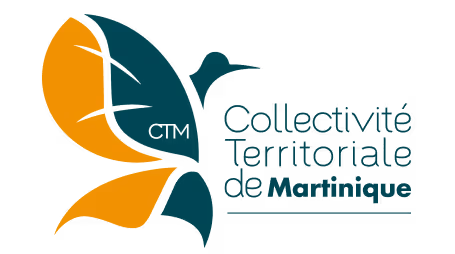The power of structured information for your organization
Document management platform and workflow, for successful businesses







Efalia platform
The documentary platform at the service of your ambition
Our platform empowers organizations to change quickly.
Our 6 documentary software programs help you structure and get the best out of your content, without compromise, with a smile on your face:)
Our 6 documentary software programs help you structure and get the best out of your content, without compromise, with a smile on your face:)

Efalia Compose
Composition of documents
Software for composing and distributing documents

Efalia ECM
Content management
Electronic content management software

Efalia Process
Automated processes
BPM solution/automated workflows

Efalia Capture
Smart capture
Document import and capture solution

Efalia Portal
Exchange portal
Customizable online exchange portal software.

Efalia Safe
Digital safe
Document security and compliance software
Make full use of your documentary heritage
Get your documents and procedures in order. Our business solutions allow you to structure and orchestrate all your documentary heritage,
One platform. All your needs
Discover all our solutions by sector
Efalia customers
Compose the solution that will 100% meet your needs
Do you want to know what our platform can do for you?
Get inspired by what we bring to our customers!
Get inspired by what we bring to our customers!


“Beyond financial ROI, when I have my employees in front of me and when they themselves talk to me about ROI in their daily lives, it is certainly the most important ROI. When they come to me and say 'this is really good', that's a lot of weight. ”

Fabrice BOEHLER
Information Systems Director

“This project is a perfect example of Efalia's ability to transform complex manual processes into fluid digital workflows. Graphic modeling allows rapid implementation while maintaining the functional richness necessary for specialized trades such as grant management.”

Yannick Ritschel
General manager
One platform. All your needs
Discover all our solutions by sector
Efalia customers
Compose the solution that will 100% meet your needs
Do you want to know what our platform can do for you?
Get inspired by what we bring to our customers!
Get inspired by what we bring to our customers!


“Today, MMPH uses Efalia EDM every day. It is really the tool that has become indispensable to them for everything they do, for the constitution of their files, for the investigation...”

Line-Claude Césaire
EDM functional expert

“The Efalia solution has allowed us to save time for our various agents and also represents a significant saving for the organization, while improving the follow-up of cases for a better service to our users”

Lola GAUDEFROY
Secretary General
efalia
Go further! use our platform as
AI knowledge base and connect it to your agents/LLM

Your AIs and Agents 3x more efficient
Electronic Content Management is the ideal tool for structuring a knowledge base optimized for AI.
- Metadata
- User rights
- Vectorization templates
- User rights
- Vectorization templates

Work with a company whose mission is
Reinventing collaboration
around information
trusted
Whether through our teams or through our certified, hand-picked integrators, we will do everything to ensure that your project can transform the way you work.
Find a certified integrator >CUSTOMER CASES
Don't take our word for it, find out how our customers use the platform
NEWS
The latest news from Efalia
Text Link

February 18, 2026
January 9, 2026
Integrating EDM into ERP software: Advantages and guide
Read the articleText Link

December 15, 2025
October 29, 2025
What are the differences between EDM and ECM? Explained with examples
Read the article










-min.avif)

































.png)
